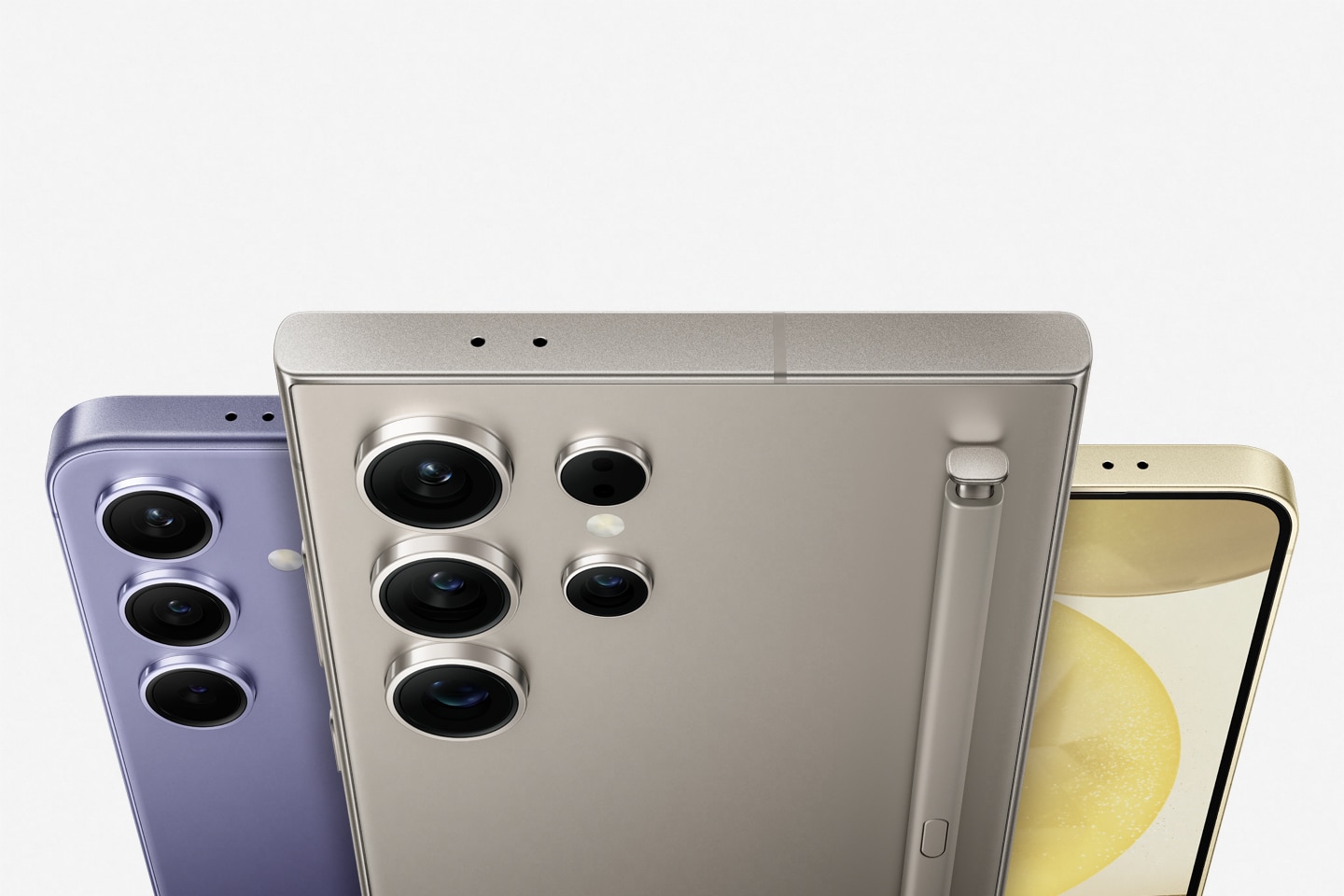GenAI-capable smartphones contributed 6% to global smartphone sales in Q1 2024, a significant increase from just 1.3% in the previous quarter, according to the latest research from Counterpoint’s Global Handset Model Sales Tracker. GenAI capabilities have opened new opportunities for smartphone brands and may potentially drive the market’s growth in the coming years. Premium smartphones (wholesale price >$600) accounted for over 70% of GenAI-capable smartphone sales in Q1. The number of GenAI-capable smartphone models increased from 16 to over 30 during just Q1, indicating brands’ growing interest in this segment.
Samsung’s Galaxy S24 series dominated the GenAI-capable smartphone market in Q1, securing the top three spots in the top-10 list for best-selling GenAI-capable smartphones. The Galaxy S24 Ultra was the best-selling GenAI-capable smartphone, commanding over 30% market share, more than the combined share of the next two smartphones. Samsung’s aggressive marketing campaign highlighting the Galaxy S24’s GenAI capabilities, coupled with its established global presence, led the brand to take a 58% share of the GenAI segment. GenAI features like chat/note assist, circle to search, and live translate are gaining traction with users and garnering positive initial reviews.
Chinese brands captured six positions in the top-10 list. The Xiaomi 14 and vivo X100 models ranked fourth and fifth, respectively. Leading Chinese brands like Xiaomi, vivo, HONOR and OPPO are aggressively integrating GenAI features across their offerings, including features like AI-generated portraits, AI eraser tools and robust offline virtual assistants. Chinese brands’ strategy to focus on their home market first has led to China becoming the world’s largest GenAI-capable smartphone market, capturing one-third of the global market.
For 2024, Counterpoint expects GenAI-capable smartphones to contribute 11% of the overall smartphone market as newer use cases arise and consumer awareness increases around the segment. Media-focused features and personalized virtual assistants are expected to be major drivers of adoption. On the hardware side, more GenAI-capable chipsets from major semiconductor firms at affordable prices will further aid the growth of the segment. The industry is anticipating the entry of Apple later this year into the GenAI segment with its 2024 iPhone lineup.
